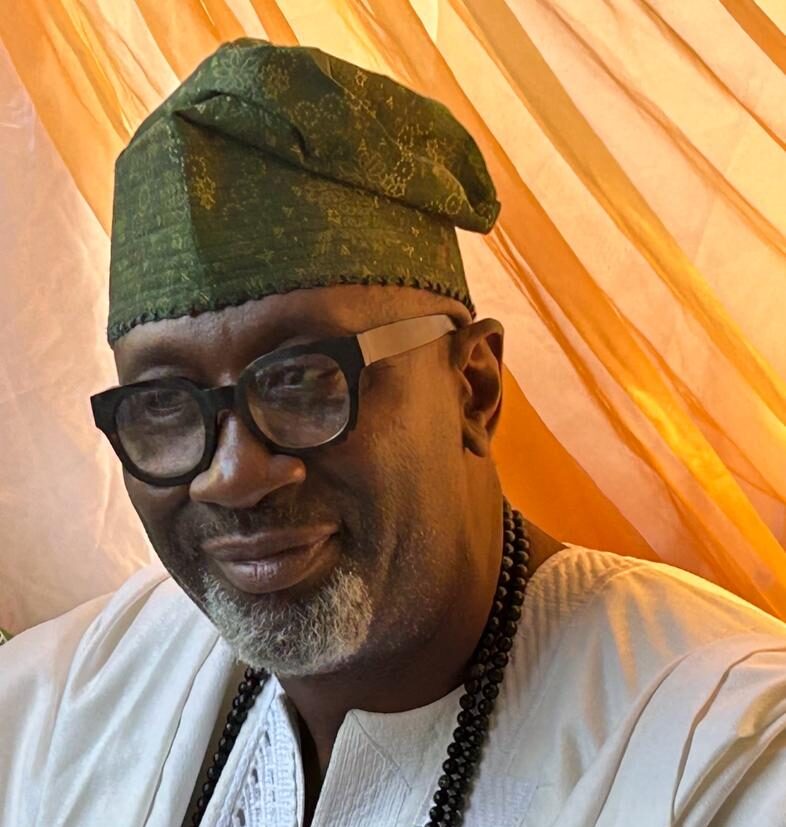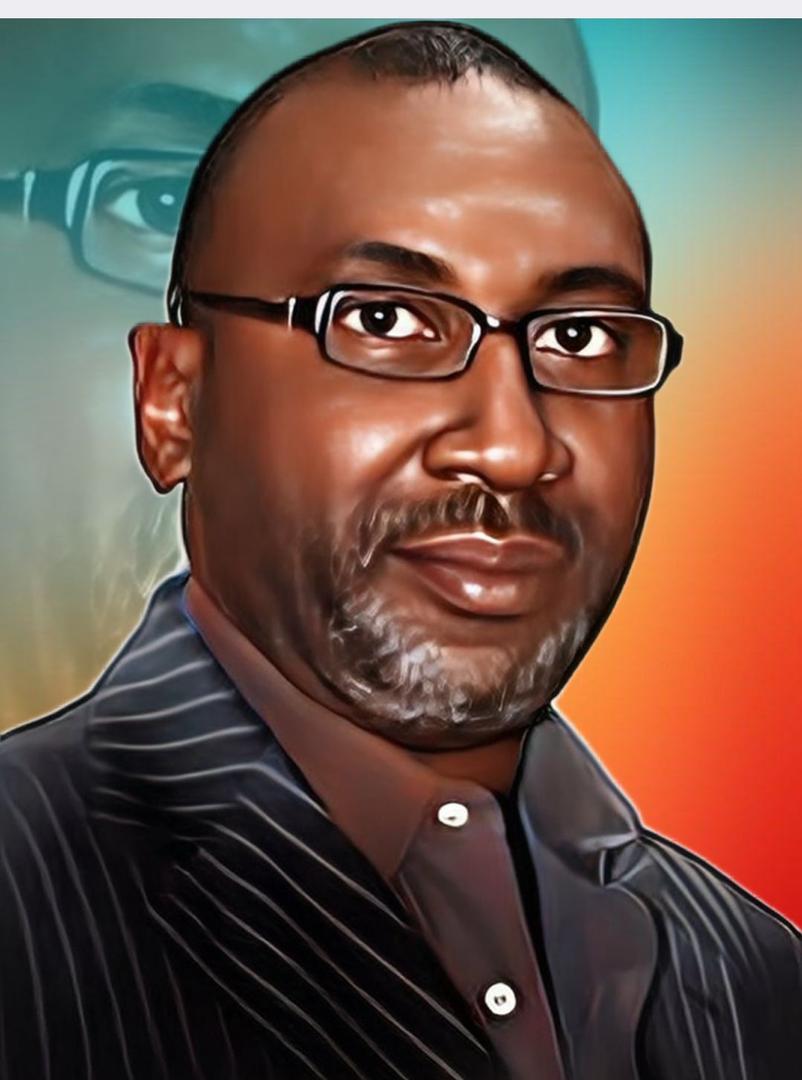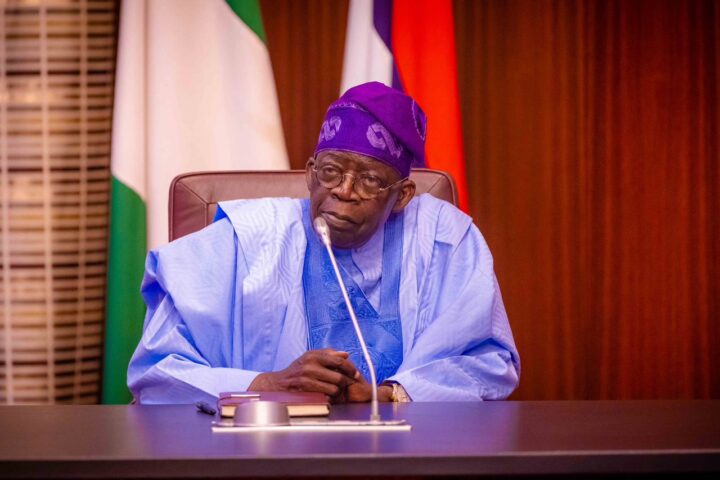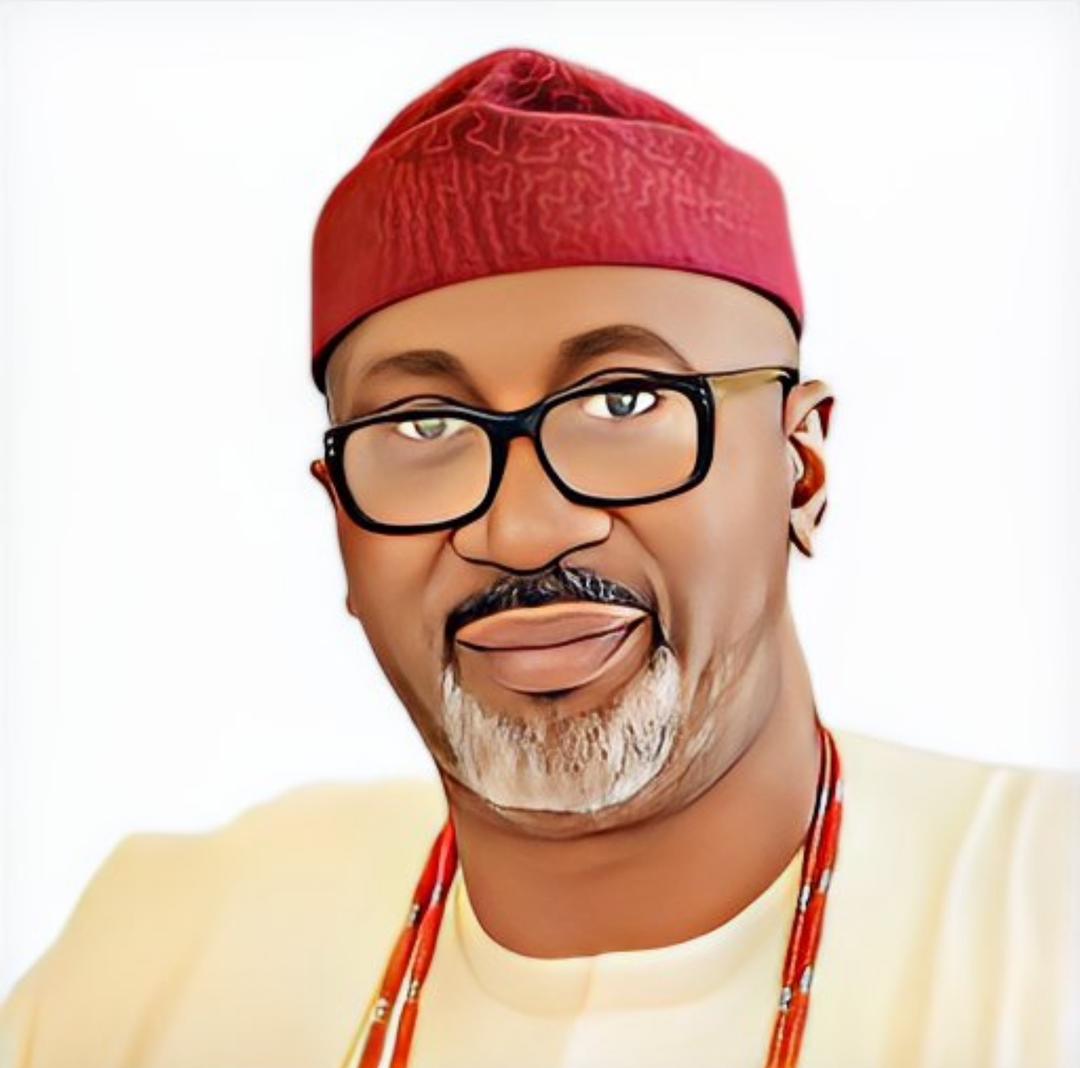As a people we really need to think about what we are against and what we stand for. – Abayomi Odunowo.
In Nigeria, there are several unacceptable issues that are born out of sheer greed, selfishness, and wickedness. These issues combined together create a ticking time bomb, and as a people, we need to consider what we are against and what we stand for. Only then can we as a people achieve our God-given potentials.
One of the most prevalent issues in Nigeria is corruption. Corruption eats away at the fabric of our society, diverting resources meant for the common good into the hands of a few individuals. This selfish act is driven by greed and wickedness, and it has led to the stunted growth and development of our nation. Corruption has infiltrated every aspect of our society, from the highest levels of government to the smallest community. It is robbing us of the opportunity to build a better future for ourselves and for the generations to come.
Another unacceptable issue in Nigeria is the lack of accountability. People in positions of authority often act with impunity, knowing that they will not be held accountable for their actions. This breeds a culture of selfishness, where individuals prioritize their own interests over the common good. This lack of accountability has led to the mismanagement of resources, the neglect of public infrastructure, and the erosion of trust in our institutions. It is a clear manifestation of wickedness, as those in power prioritize their personal gain at the expense of the welfare of the people they are meant to serve.
In addition to these issues, there is also a lack of empathy for others in Nigeria. This is evident in the way some people are treated based on their social status, ethnicity, or religion. This lack of empathy stems from a selfish desire to protect one’s own interests, without regard for the well-being of others. It is a manifestation of wickedness, as it perpetuates inequality and injustice, hindering the progress of our society as a whole.
All of these issues are fueled by greed, selfishness, and wickedness, and they are intertwined in a complex web that threatens to tear our nation apart. If we do not address these issues, they will continue to fester and grow, ultimately leading to our downfall. It is imperative that we as a people come together to fight against these unacceptable issues, and to stand for the values of honesty, integrity, and compassion.
To do this, we must first recognize the destructive nature of greed, selfishness, and wickedness, and the harm they have inflicted on our society. We must reject these vices and strive to embody the virtues of selflessness, generosity, and righteousness. We must hold ourselves and others accountable for our actions, and demand transparency and fairness in all aspects of governance and social interactions.
We must also prioritize empathy and understanding, and seek to bridge the divides that exist in our society. We must strive to build a nation where everyone is treated with dignity and respect, regardless of their background or beliefs. It is only by standing together against these unacceptable issues and upholding the values of goodness and justice that we can achieve our God-given potentials as a people.
In conclusion, the unacceptable issues born out of greed, selfishness, and wickedness in Nigeria have created a ticking time bomb that threatens the progress and prosperity of our nation. We must come together to fight against these issues and stand for the values of integrity, empathy, and justice. Only then can we overcome the challenges that we face, and achieve our God-given potentials as a people.
Otunba Abdulfalil Abayomi Odunowo.
National Chairman AATSG
16th February, 2024.
Do you have any information or event for JNEWS to publish or cover? Kindly Call us on +2349053535322 or send us message on Whatsapp number +2349053535322 or send us an email here



